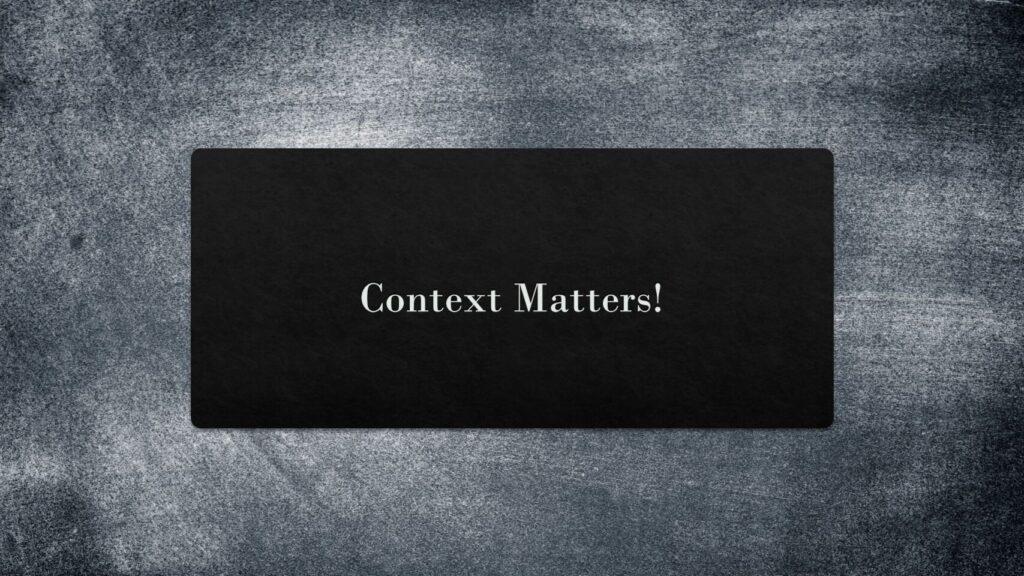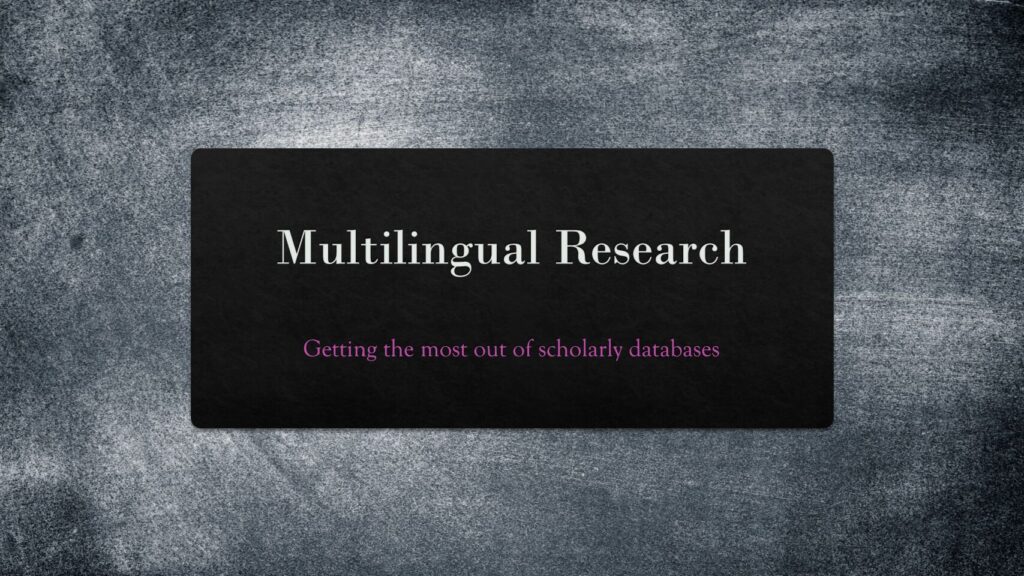Learn where to find databases, how to select the most useful ones and ways to search them effectively in this Google Slide deck.
https://drive.google.com/file/d/1uMj91sF5puDGs3q9eHSDr_pScjrikWLo/view?usp=sharing
Learn where to find databases, how to select the most useful ones and ways to search them effectively in this Google Slide deck.
https://drive.google.com/file/d/1uMj91sF5puDGs3q9eHSDr_pScjrikWLo/view?usp=sharing
Learn how these surveys of current scholarship can improve your research. Find out how to locate literature reviews quickly.
Explains what a literature review does and provides advice on researching and writing one.
Learn how to use this powerful tool to organize sources, make connections between related content and generate footnotes and bibliographies.
In this video, Sarah Horowitz, Head of Quaker and Special Collections, introduces a quarto edition of Shakepeare’s play, Henry V. It was published in 1600.
In this video, Sarah Horowitz, Head of Quaker and Special Collections, introduces the first collected edition of Shakespeare’s plays published in 1623. Haverford’s Special Collections has a copy of the folio.
See this video to learn about the different kinds of guides Tri-College librarians have created for courses, subject areas and how-tos.
This slide deck guides students in evaluating their sources for authenticity.

This slide deck offers tips on looking for research materials in multiple languages.

This slide deck introduces students to strategies for effective searching on a new research topic.
